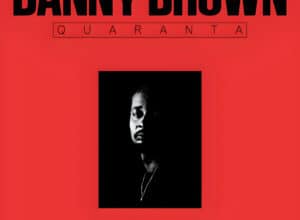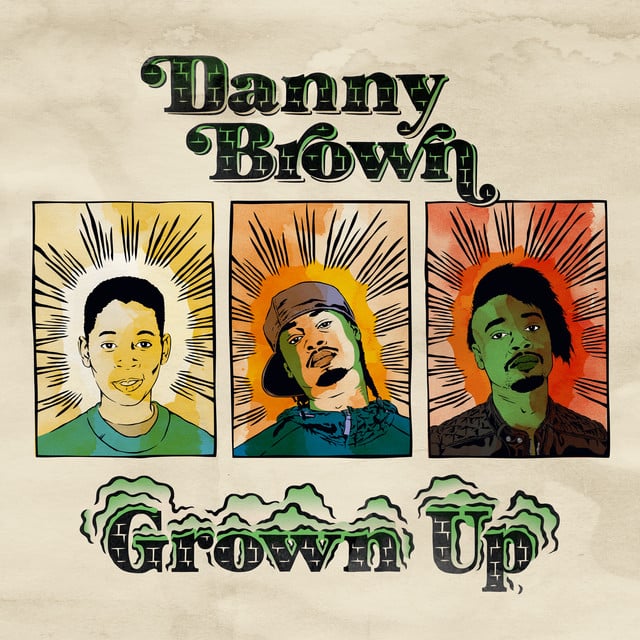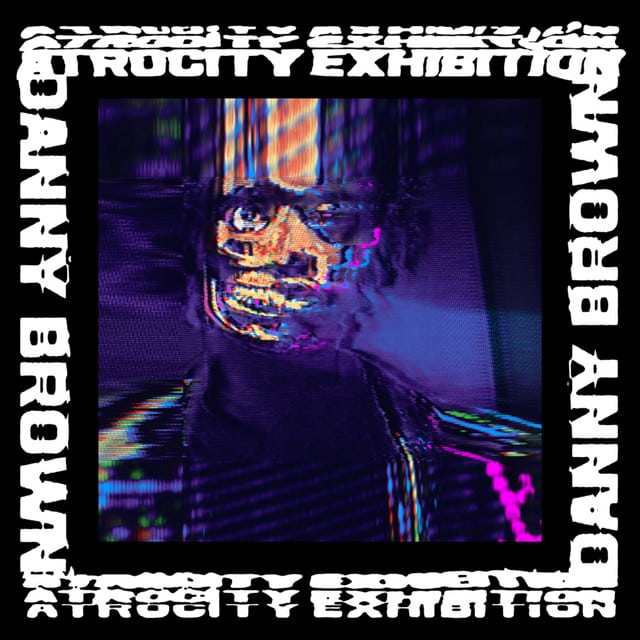Released: 2023 • Features: Bruiser Wolf
Danny Brown’s “Y.B.P.” is a raw, textured narrative that pulls the veil back on life in Detroit for the young, black, and impoverished. Through a series of vivid vignettes, this track paints an uncompromising picture of struggle, resilience, and the pursuit of survival amidst systemic injustice.
It’s a poignant exploration of a community’s heartbreak, dreams, and the everyday reality of growing up in a world that often feels designed against them.
The opening verse grips you with scenes right out of a childhood characterized by scarcity and adversity: using pliers to change the TV channel, the absence of basic utilities like a dryer, overcrowded living conditions, and the reliance on food stamps and welfare support.
These aren’t just lines; they’re a glimpse into the everyday battles faced by many in Detroit. The mention of “getting whipped in the morning” or seeing “my aunt smokin’ crack” is more than storytelling; it’s about the cycles of abuse, addiction, and trauma that perpetuate in communities neglected by broader societal structures.
The chorus drives home the central theme — being young, black, and poor in Detroit is an experience that’s difficult to understand unless you’ve lived it. There’s a profound sense of being molded by hardships, a community’s resilience, but also the frustration of being pigeonholed by circumstances outside one’s control.
Danny Brown then delves deeper into the cultural and social landscape of Detroit, referencing specific local icons and events to knit a closer connection to the city’s identity. Lines like “feels like ‘Poetic Justice,’ you get killed at the drive-in” not only invoke film references but underscore the violence that overshadows everyday life.
Naming individuals such as Rodney Peete, and Malice Green, and alluding to city mayors, he paints a broader picture of Detroit’s history, triumphs, and tribulations. Each reference, from sports figures to tragic victims of police violence, adds layers to the narrative, illustrating a community rich in culture yet marred by systemic failures.
The concluding verse encapsulates a sense of being caught between hope and despair, with references to figures like Bladee and Dilla juxtaposed against the backdrop of a city “surrounded by killers.” This duality underscores the complex reality of Detroit, where pride in one’s city and community coexists with the harshness of daily survival.
The repeated question, “How the system made division but it don’t add up?” is a poignant critique of systemic inequality, echoing the broader theme of the song: a society that takes from its most vulnerable without giving back.
“Y.B.P.” is not just a track; it’s a testament to the spirit of Detroit and its inhabitants. Danny Brown and Bruiser Wolf articulate the struggles of their community with a raw honesty that demands attention, urging listeners to look beyond stereotypes and recognize the human resilience in the face of systemic adversity.
This song challenges us to empathize, understand, and, most importantly, acknowledge the complex realities that shape the lives of the young, black, and poor in Detroit.








